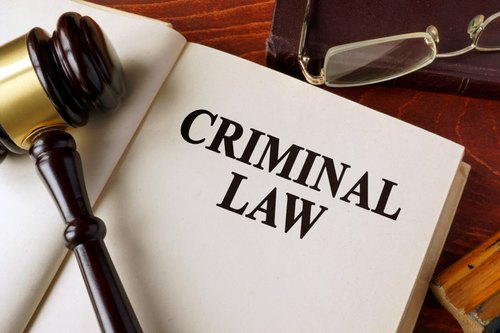When a criminal case is presented, a criminal lawyer fulfills many prominent roles during the duration of the case. The concerned lawyer holds the responsibility to defend his/her client who is charged with the crime. They represent their client by speaking on their behalf.
Case Assignment
The defendant can directly contact their representative criminal lawyer, or the court can assign the case to the defendant lawyer. Many of these lawyers are public defenders and they remunerated by the public’s defender office, local, state, or federal court appoint them cases. Other criminal lawyers are hired by private organizations. Furthermore, some other criminal lawyers may run their own independent legal offices. Public defenders are paid a lower salary in comparison to private lawyers and in-turn are assigned a higher workload of cases due to the referral process. In some cases, the court may assign a criminal case to any private lawyer.
Interview regarding the case
During a meeting with their client, the criminal lawyer tends to extract as much information and details regarding the case as he/she can get. By asking relevant and specific questions regarding the case, he/she can learn about all the possible defenses and strengths/weakness regarding the case. This requires a calm, collected and precise questioning of the defendant.
Case Investigation
After inquiring the defendant through a question-answer session, it is paramount that the criminal lawyer must investigate further into the case to identify possible avenues of acquitting the defendant. This may include inquiring the police about the procedures used in conjunction with the case. This may also include inquiring witnesses who possess first-hand information regarding the case and collecting relevant information. This information is useful to build a strong case for the defendant. If any expert witness is used in the case, the criminal lawyer can interview him/her regarding the testimony or evidence provided in the case.
Analyzing the evidence
A criminal lawyer should clearly and carefully all the facts and figures regarding the case, they can also have the evidence independently tested. Furthermore, they can examine the evidence to identify if there are any legal theories that works against the conviction of their client.
Consistent communication with the client
In order to explain any developments in the case, the criminal lawyer must be in constant communication with their client and keep them informed about everything. In addition, these communications must be kept private and the criminal lawyer must ensure this. Furthermore, the lawyer must ensure all the information is translated clearly to the client in so that they understand all the possible consequences that may occur.
Selection of the jury
A criminal lawyer assists in the selection of the jury. In order to maintain unbiasedness’ towards the case and all it’s proceedings a criminal lawyer can have jurors removed on the basis of if even they have a negative feeling regarding the concerned juror.
Plea Bargaining
One of the responsibilities of a criminal lawyer is negotiating and conversing with the prosecutor about the case proceedings and regarding any particular plea bargain. A criminal lawyer can aid in securing a favorable deal for the defendant that may result in reduction of charges or ease of punishment if convicted.
Participation in the Trial
A criminal lawyer fights for his/her defendant during the trial. They can examine witness, cross-examine the state’s witnesses and tries to convince the jury that the prosecution has failed to meet it’s proofs.
Sentencing
If the defendant is convicted by the judge or accepted a plea bargain, the criminal lawyer can represent the defendant during the sentencing of the case. NCA Exam Preparation is professional tutoring service. We have been helping lawyers from all over the world to convert their qualifications and take the NCA exam in Canada.







